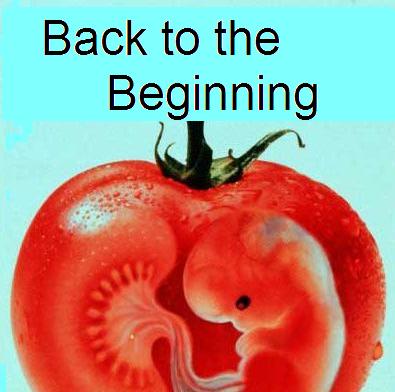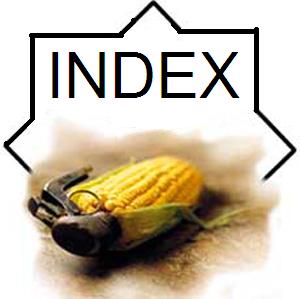


Synthetic Meals: Hyperreal
Jonathan Wang '10
At some point, the sheer magnitude of nutritional and aesthetic manipulation of food blurs the line between what is really food and what is a pleasure system. Corporations themselves begin using strange terminology to describe their work; their products become food systems, and customers are referred to as users, making one wonder if nourishment is really the goal. Candy is a prime example of false food: it is an edible consumable not intended for nourishment or nutrition, but for the sensory satisfaction. It is often made of totally synthetic substances, such as high fructose corn syrup, partially hydrogenated oils, and artifical colors or flavors, and no longer counts as food in the normal sense of the word. A respectable meal cannot be created out of candy; it provides virtually no nutrition and only supplies a meager number of calories. This applies not only to candy, but also to desserts, snack chips, and other synthetic treats that some people rely on for food. People are no longer able to differentiate food from pleasure, and often confuse the two; people obsess over desserts, sauces, and condiments that are artifically created, chemically altered, and nutritionally worthless, coating a perfectly good meal in garbage that brings into question the distinction between main course and dessert. People feed no longer on the sun's energy, but rather on fossil fuels. Both the oils that preserve cakes and the plastics that house our donuts are ultimately derived from the same petroleum and fossil fuel origin. People and food become disconnected as the image and experience of modern food becomes so complex, fabricated, and packaged; the consumers lose the sense of where their food comes from or even what comprises their meals. The reality of food is lost on the populations that consume corporate concoctions: it is no longer a treat for nutrition or health, no longer a form of cultural expression or culmination of work as much as it is a system for sensory pleasure, particularly when the food no longer resembles the representation of the real, or even the real itself. The realm of food has been replaced, such that the natural, initial sense of food has been supplanted by the corporate, scientifically based system for culture, pleasure, and profit. True sweetness is no longer based on sugar, but on high fructose corn syrup. Savory flavor is no longer based on spices and herbs, but on partially hydrogenated oils. Presentation is no longer a function of careful handling and preparation, but a function of the right colors, flavors, and gums. People are presented with new snack ideas that hardly even existed in our wildest imaginations, and yet these never-before-seen products become staples in the American snack diet. The obsession with science, furthermore, blinds the masses with an ostensibly endless supply of food. With laboratories and factories covering the nation, people believe that their favorite foods are infinite and immortal, neither of which is true. In the end, it becomes impossible for the average, uninformed consumer to distinguish between what is real fruit and simply flavoring, what is truly fresh or simply preserved, what comes from Grandma's kitchen versus a collection of vats and test tubes. If it tastes the same, is it the same?